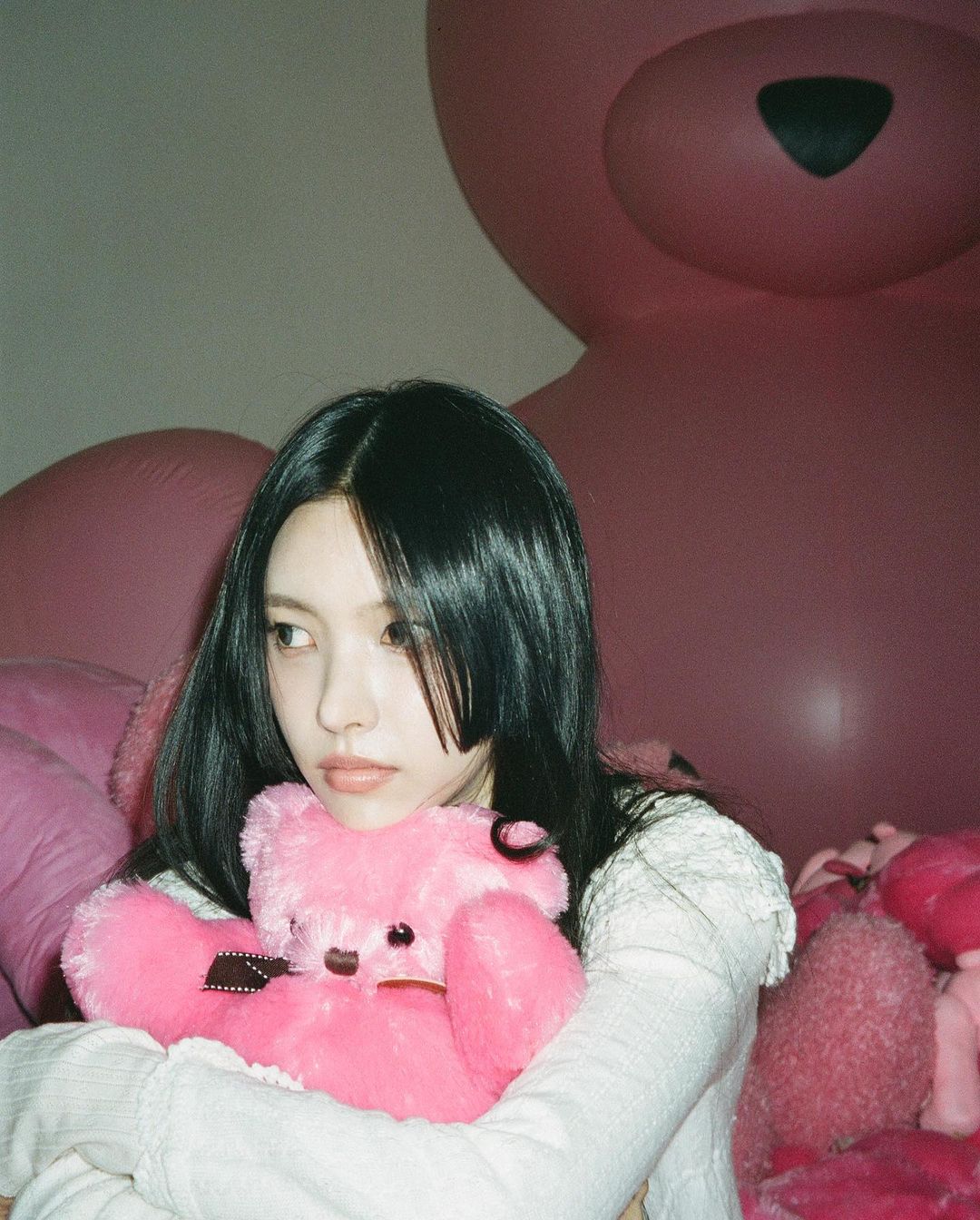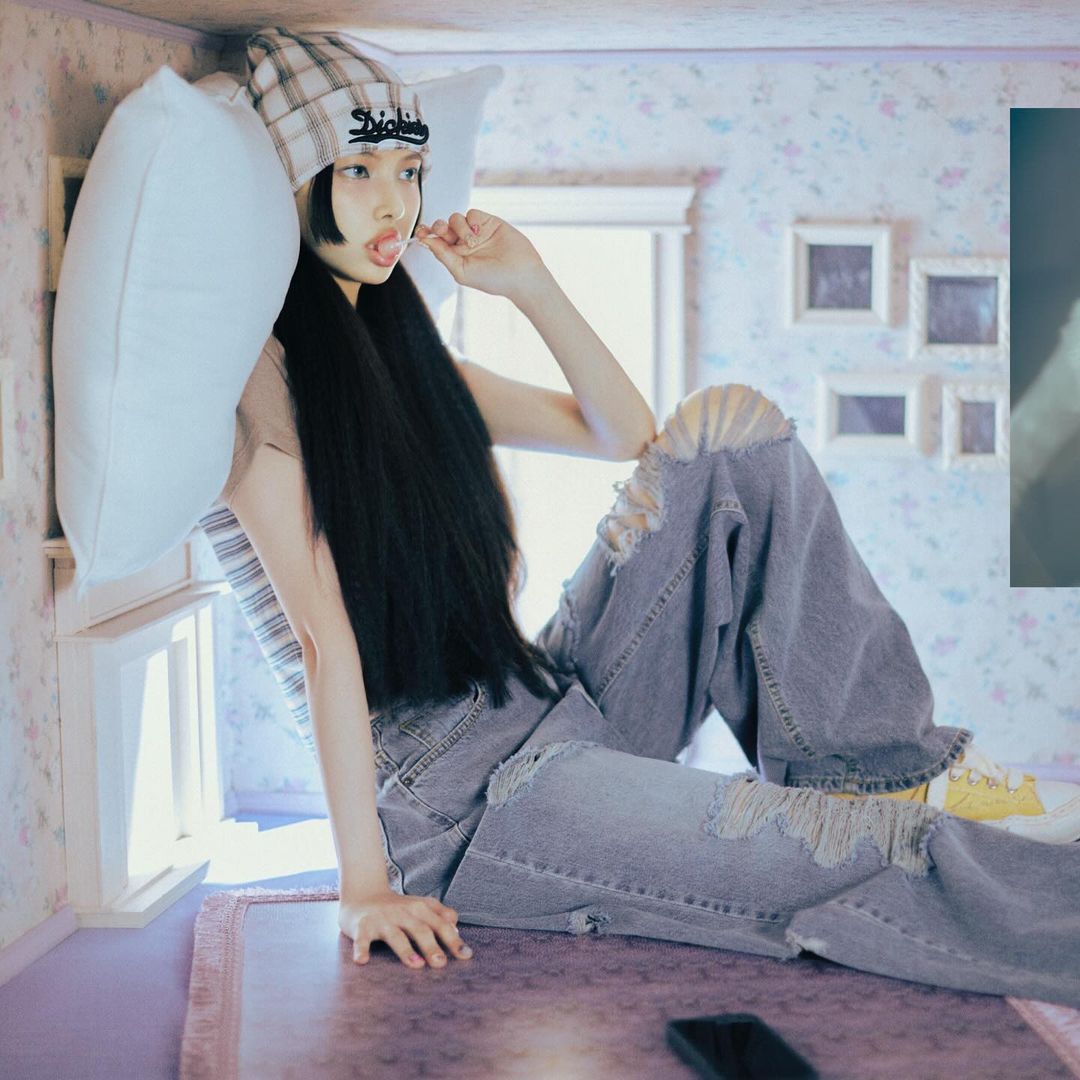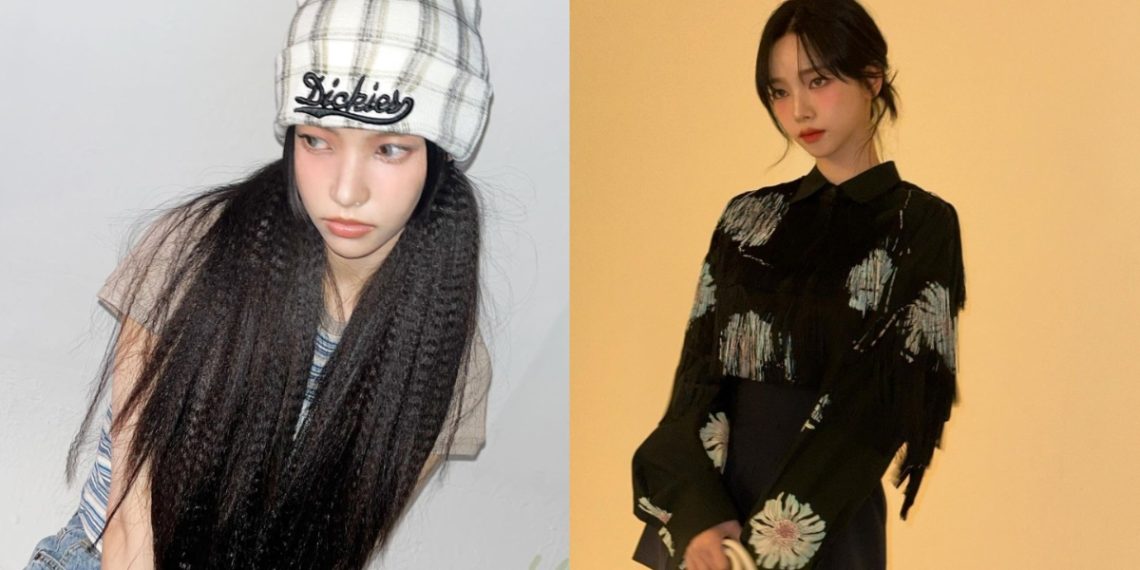A recent post on Instiz has stirred up a lively discussion among netizens regarding the striking resemblance between a member of the group ILLIT and Karina from the popular K-pop group Aespa. The comparison, fueled by observations of similar facial features, has captured the attention of online communities, sparking a debate about beauty standards and perceptions of attractiveness.
One netizen pointed out the shared characteristics, stating, “They both have small faces and sharp chins,” highlighting the physical traits that contribute to their perceived resemblance. The post quickly gained traction, amassing nearly 3,000 views by the morning of March 30th, as curious onlookers weighed in with their opinions and observations.
Comments from Korean netizens reflected a spectrum of perspectives on the comparison. While some acknowledged the similarities between the two individuals and praised their beauty, others offered contrasting viewpoints, noting differences in their facial structures and overall vibes.

One commenter remarked on the distinct qualities of each individual, noting, “Yunah gives off a cool and stylish vibe… Karina, on the other hand, has a strong feminine aura,” highlighting the nuanced differences in their appearances and personas.
Another netizen drew attention to the member’s unique features, stating, “Her face is incredibly small and her proportions are amazing, which might be why she exudes such a mature vibe,” emphasizing the individuality of each person’s attractiveness.
However, not all netizens agreed on the resemblance, with some suggesting alternative comparisons to other K-pop idols and celebrities. One commenter noted, “There’s no resemblance to Karina at all. Instead, I’m reminded of Kwon Eunbi or Chungha,” highlighting the subjective nature of perceptions of likeness.

As discussions surrounding the ILLIT member’s resemblance to Karina continue to unfold, the online debate serves as a reflection of the diverse perspectives and interpretations of beauty within contemporary culture. While some may find similarities between individuals based on shared physical traits, others may prioritize differences in appearance and personality, underscoring the complexity of beauty standards in the digital age.





